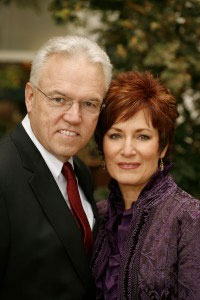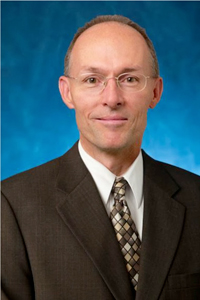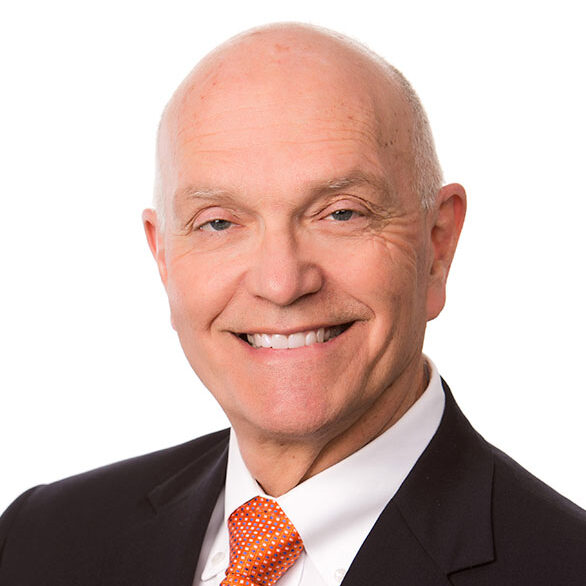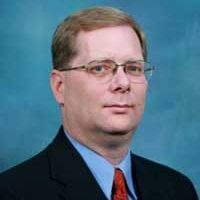About S.A. Lifeline Foundation
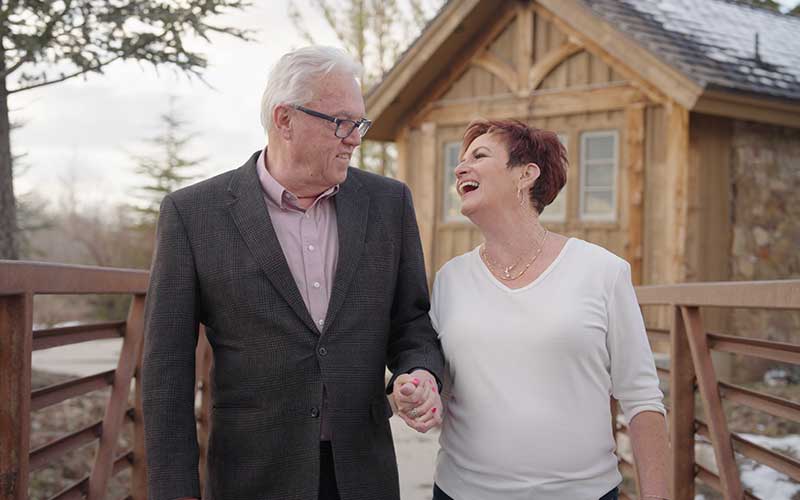 S. A. Lifeline Foundation is a 501c3 non-profit organization founded in 2008 by Steven & Rhyll Croshaw. It was their decades of experience with addiction and trauma that prompted the formation of an organization that could provide hope, education, and resources related to the recovery of pornography/sexual addiction and betrayal trauma. Our purpose is most succinctly stated as “Recovering Individuals, Healing Families.”
S. A. Lifeline Foundation is a 501c3 non-profit organization founded in 2008 by Steven & Rhyll Croshaw. It was their decades of experience with addiction and trauma that prompted the formation of an organization that could provide hope, education, and resources related to the recovery of pornography/sexual addiction and betrayal trauma. Our purpose is most succinctly stated as “Recovering Individuals, Healing Families.”
The foundation works to produce and provide quality educational resources and events to educate the public about the reality and effects of sexual addiction, betrayal trauma, as well as the components of lasting recovery. Founded and run by people who have experienced addiction and trauma, we also aim to serve as a trusted resource to therapists, faith/community leaders, and family members for on-going support for their clients or loved ones seeking recovery.
S.A. Lifeline Foundation sees addiction and trauma recovery as dependent upon the elements of what S.A. Lifeline calls the Recovery Puzzle. The Recovery Puzzle illustrates the essential pieces that are required for lasting recovery. Our experience suggests that those who rigorously seek to incorporate each of these elements find healing.
S.A. Lifeline is the parent organization of SAL 12-Step: a trauma sensitive, spiritually centered, non-denominational, sponsor essential, gender-specific, traditional 12-Step program for men suffering from unwanted sexual behaviors and women struggling with the associated betrayal trauma. We have found truth in the theory that “Only an alcoholic can help an alcoholic.” We know from our own experience that the long-term resources and unique support our community can offer is a crucial complement to qualified therapy.

